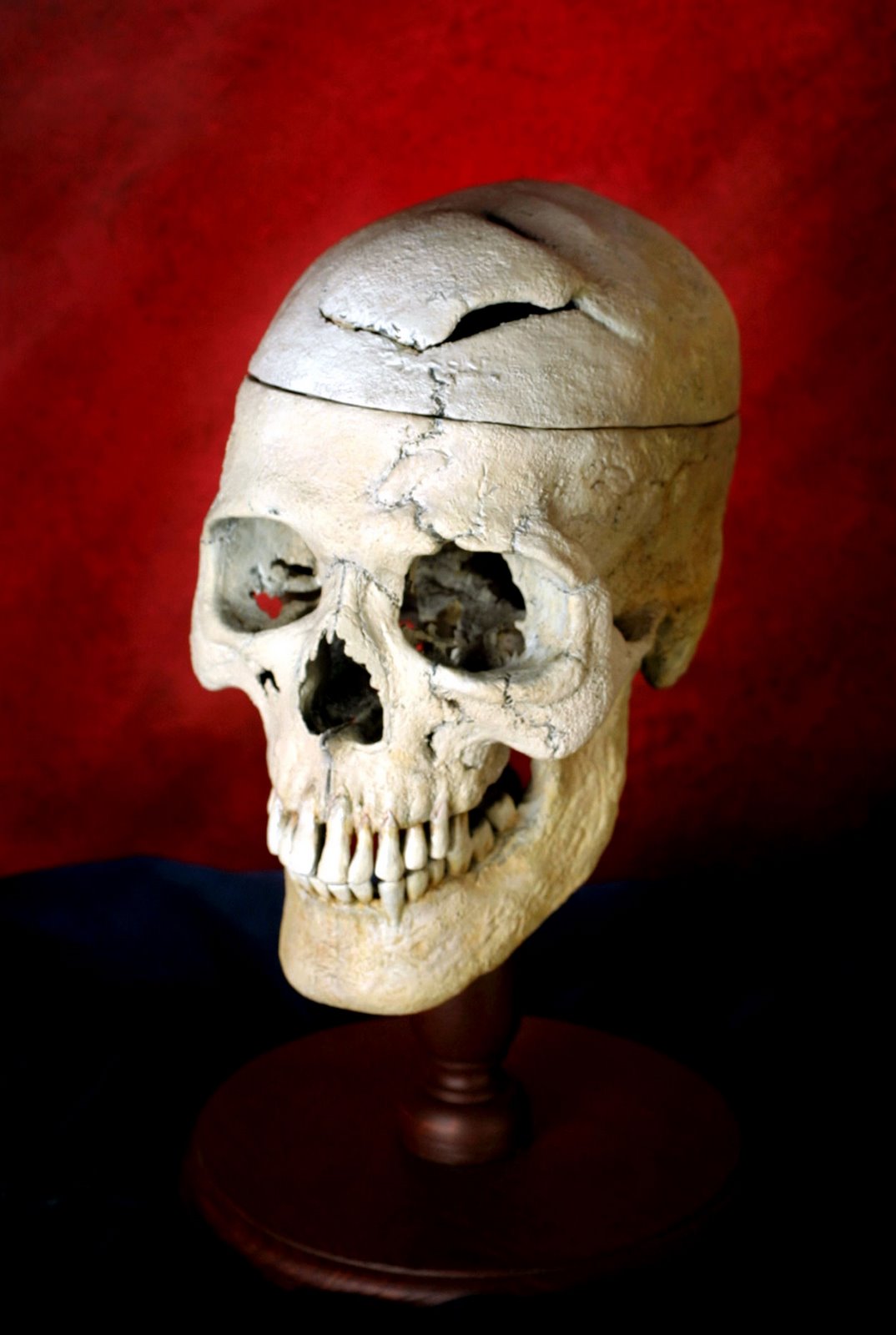The freedom of soliloquy
Upon reviewing the site meter statistics for my blog's first few days of existence, the following words come to mind, borrowed from Dante by T.S. Eliot to serve as his epilogue for "The Love Song of J. Alfred Prufrock:"
S'io credesse che mia risposta fosse
A persona che mai tornasse al mondo,
Questa fiamma staria senza piu scosse.
Ma perciocche giammai di questo fondo
Non torno vivo alcun, s'i'odo il vero,
Senza tema d'infamia ti rispondo.
These lines translate as, "If I thought that my reply were to be to someone who would ever return to the world, this flame would be still, without further motion. But since no one has ever returned alive from this depth, if what I hear is true, I answer you without fear of shame." Like good old J. Alfred, I can apparently narrate my life from this blog as though I were confiding in no one at all -- as, apparently, nobody is listening. Soliloquys are liberating; I can see Shakespeare's fancy for them.
That being said, I will now cock my head, gaze upwards dramatically, gesticulate firmly (and too frequently), and thus with my deepest booming stage voice proceed to air my thoughts on the eve of my match into neurosurgery residency.
To occupy my mind tonight, I decided to re-watch an old favorite movie -- Fight Club, directed by David Fincher and based on the book by Chuck Palahniuk. Every time I see this film, I find it shocking how well the dialogue captures the cryptic concerns of an entire generation of its male audience. Through the narrator's self-conscious criticisms and tongue-in-cheek denouncements of his way of life, we can appreciate the extent to which our common dreams and goals (money, success, possessions, the "perfect life") have been unconsciously and insidiously installed into our minds by American consumerism. Yet, if you're anything like me, seeing this movie only momentarily inclines you to reject this force-fed blackguard of the ideal life; before long, the same old compulsion to seek extrinsic perfection insinuates itself from our culture back into your psyche, the truth having only been elucidated for a brief, almost imperceptible parcel of time (much like a single frame of pornography spliced into a children's movie by Tyler Durden's nefarious fingers). So, for tonight at least, a wisp of enlightenment has cooled my brow, and I feel less concerned about the outcome of the computerized matching process that will determine my fate for the next seven years. I can think instead on other topics of (in?)consequence in my life.
For instance, today I saw my first complete autopsy as part of the pathology rotation I am completing. My previous conceptions of an autopsy were certainly dispelled as false. Of course, most of what I envisioned of an autopsy comes from t.v. or film. The typical scene takes place in the dimly-lit basement of the county coroner's office, with gray faces looking on sternly as the forensic pathologist demonstrates the key piece of evidence hidden in a deep anatomic crevasse, such as in the axilla or behind the tongue. The reality of hospital autopsies, it seems, lacks much of the ceremony and all of the suspense. First, every observer or participant must cloak him/herself from head to toe in layer upon layer of plastic, cloth, and latex, all designed to confound evil bodily fluids and their inexorable tropism for the skin and mucous membranes of all things living. Suitably donned in space suits, then, the pathologist and the autopsy technician begin the work at hand: the systematic dismantling of a cold, swollen, bruised cadaver. After the positioning of the body (a curious sight, the disturbingly floppy limbs making unwieldy an otherwise death-firmed corpse) the process proceeds. A Y-shaped incision is made; fat is dissected; the chest wall is sawed off; viscera are removed; measurements are made; organs are weighed. Later, the scalp is sliced through in the back of the head and pulled forward firmly like a child's cap in winter, to allow for the cracking of the skull and the removal of the brain. Later, the cadaver's new openings are closed with rapid expediency, the technician wielding his stitch as deftly -- if not as elegantly -- as any surgeon. All this transpires coolly, rapidly, impersonally, and with an overwhelming sense of economy. Seeing the process unfold, one thinks of a fisherman standing on the bank of a river, cleaning out the guts of his day's catch by the last meager rays of a fading evening sun. One does not, however (without an effort, at least), think of the end of a life, of a family huddled together in desperate sobbing solidarity, or of where amongst the sour-smelling organs a soul might once have resided. No, it seems that by the time a naked corpse reaches the autopsy suite, the person who once lived inside was perhaps removed with the clothing; stuffed into a bag marked "PATIENT BELONGINGS" alongside shoes, clothes, a toiletry kit, and a stack of futile Get Well Soon cards. Upon retrospection, the entire austere sight might seem quite depressing -- that is, if one were not inured to such things.
I pray for the departed person and her family.
* Dante's words and their translation borrowed from The Wasteland and Other Poems, a collection by Helen Vendler.




1 Comments:
very interesting description of an autopsy, especially since I just finished reading a book called Stiff (which was so-so).
But I've always loved that poem by T.S. Eliot...
Post a Comment
<< Home